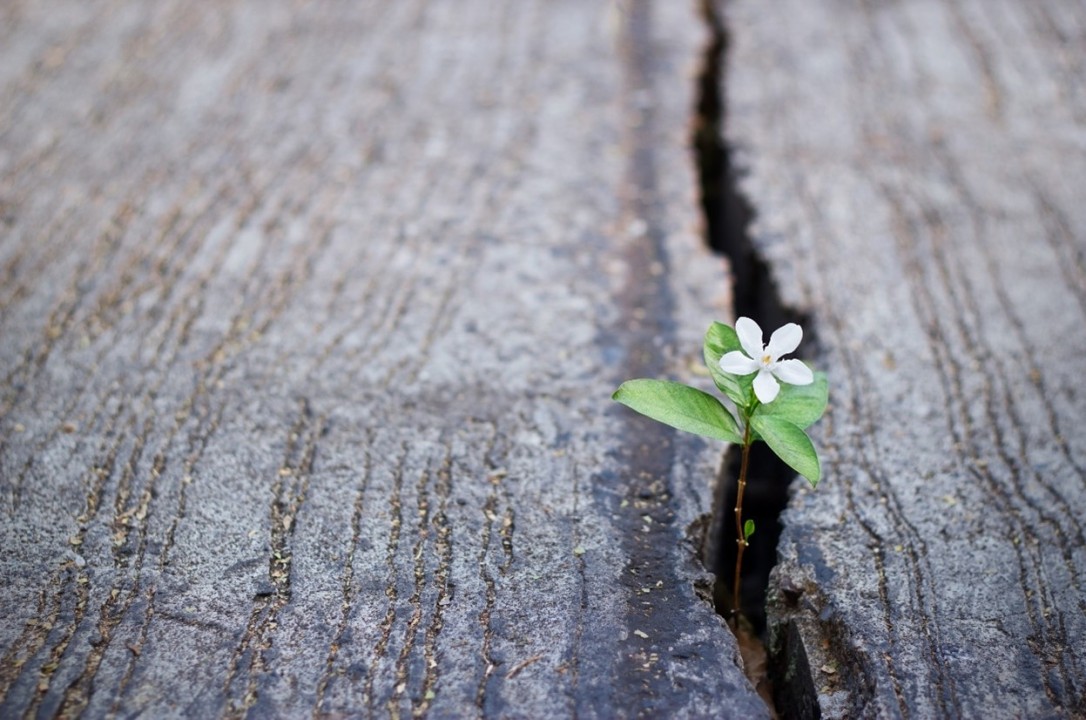Having served in various leadership roles over the years, I’ve found one of the best parts of my line of work is spending time with people … those from different generations and backgrounds and different points of view from my own. But there’s a universal theme that cuts across all audiences: a quest for self-improvement.
So, the question is, “how do we define personal success?” Most of us are in the habit of defining our success by comparing ourselves to others which couldn’t be more wrong. Some sage advice one of my mentors recently shared was “don’t try to be the best but strive to be your best. The statement may seem redundant but it’s not because being our best isn’t relative to others, it’s relative to our own progress. Not only do we all have different skills and capabilities, but we also started from different places … childhood support systems, learning differences, financial resources, education, jobs, etc. Growth from our own starting point is the measure we should care about, not how we’re progressing according to others. There have been plenty of times in my life where I measured my progress according to other people’s performance or expectations. It wasn’t very motivating and only made me feel inadequate. Getting older has its benefits and over the years I’ve changed course, keeping my progress contained to my own progress based on where I started. It’s made a world of difference for my confidence and has been a big motivator in wanting to seek more personal growth.
Incremental self-improvement is a wonderful thing because you can see and feel the progress. That’s one of the reasons I like gardening. I can see the small changes and progress. Our daily lives work in the same way. Small improvements can spur us on and make us stronger (especially on the difficult days which we all have). Even though it’s hard to see at the time, we get more out of the difficult days than we do the easy ones. Interestingly, taking the easy road/doing what’s easy in life actually makes life harder in the long run, whereas doing the difficult things in life makes life easier. The concept of periodical struggles and how they benefit us.
I recently read the book Hidden Potential by Adam Grant. The book’s discussion of learning through experimenting was really helpful when adding to the practice of daily increment improvement. Experimenting assumes there will be mistakes and struggles along the way, which is contrary to the notion of perfectionism our society often glorifies and reinforces through news channels, social media, and daily conversations. What I’ve come to appreciate and have learned from so many teammates is the best learnings in life don’t come during the easy times, but in times of struggle. A small (and funny) example of this that I’m going through right now is getting reacquainted with playing the guitar. I played the piano and guitar during my childhood. One of the reasons I started playing again is to use different parts of my brain, which is said to help prevent memory loss. Despite my best efforts, I’m struggling. Learning the notes, reading the music, maintaining the beat … let’s just say, things are messy. But even so, the incremental improvement will eventually lead to something. Hopefully enjoyment. Like my wife tells me whenever I’m working through difficulties, “be grateful for the opportunity and embrace it.”
The takeaway: We all face the pressure of comparing ourselves to others, but working toward our own growth (and appreciating it from our own starting point) is the only measure that matters and is the most motivating one too. Being the best version of ourselves is more important than being the best. Growth comes from experimenting, making mistakes, and course correcting. Life’s curves can take us much farther than a straight road.

